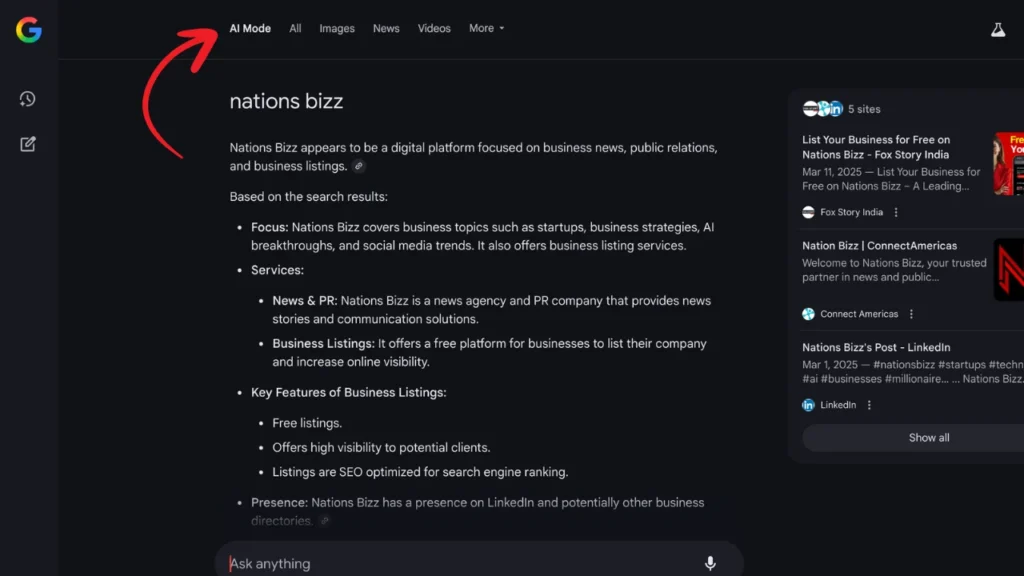The automotive industry is undergoing a significant transformation, with vehicles increasingly reliant on complex software systems. From infotainment and navigation to advanced driver-assistance systems (ADAS) and over-the-air (OTA) updates, the software now plays a pivotal role in vehicle functionality. However, this digital revolution has introduced new challenges, notably a surge in software-related recalls.
The Escalating Trend of Software-Related Recalls
Statistical Overview
Recent years have witnessed a marked increase in software-related vehicle recalls. In 2014, software issues accounted for approximately 12% of all recalls. By 2023, this figure had nearly doubled to over 23%, with 82 out of 356 recalls attributed to software problems. This upward trend underscores the growing complexity and centrality of software in modern vehicles.
Impact on Vehicle Owners
The rise in software recalls has significant implications for consumers. While some issues can be rectified through OTA updates, others necessitate dealership visits, causing inconvenience and potential safety concerns. Moreover, the increasing frequency of recalls may erode consumer confidence in automotive brands.
Underlying Causes of Software Recalls
Complexity of Modern Vehicle Software
Today’s vehicles are equipped with numerous electronic control units (ECUs) and millions of lines of code. This complexity increases the likelihood of software bugs and integration issues, leading to potential malfunctions and safety hazards.
Rapid Development Cycles
The pressure to innovate and release new features swiftly can compromise thorough testing and quality assurance processes. This haste may result in software being deployed with undetected flaws, necessitating subsequent recalls.
Integration Challenges
Integrating software from various suppliers and ensuring compatibility across different vehicle models and systems is a formidable task. Misalignments and inconsistencies can lead to system failures and the need for recalls.
Case Studies: Notable Software Recalls
Tesla’s Over-the-Air Updates
Tesla has been at the forefront of utilizing OTA updates to address software issues. In 2024, the company recalled over 125,000 vehicles due to a seat belt warning system malfunction, which was corrected through a software update. While this approach minimizes physical interventions, it also highlights the prevalence of software-related issues in modern vehicles.
Stellantis’ Ram Pickup Recall
In 2024, Stellantis recalled approximately 1.5 million Ram pickup trucks due to a software glitch that could deactivate the electronic stability control system, posing a significant safety risk. This recall underscores the potential dangers associated with software failures in critical vehicle systems.
Mitigating Software Recall Risks
Enhanced Testing and Validation
Automakers must invest in comprehensive testing protocols to identify and rectify software issues before vehicles reach consumers. This includes simulation testing, real-world driving scenarios, and rigorous quality assurance processes.
Adoption of Agile Development Practices
Implementing agile methodologies can facilitate more iterative and flexible software development, allowing for quicker identification and resolution of issues. This approach promotes continuous improvement and responsiveness to emerging challenges.
Collaboration with Technology Partners
Partnering with specialized technology firms can enhance software development capabilities and ensure the integration of cutting-edge solutions. Such collaborations can also provide access to expertise in cybersecurity, user experience design, and system integration.
Regulatory Considerations and Industry Standards
Evolving Regulatory Landscape
Regulatory bodies are increasingly focusing on software-related aspects of vehicle safety. For instance, the U.S. National Highway Traffic Safety Administration (NHTSA) has expanded its oversight to include software defects, mandating prompt reporting and remediation by automakers.
Development of Industry Standards
Establishing standardized protocols for software development, testing, and updates can help ensure consistency and safety across the automotive industry. Organizations like the International Organization for Standardization (ISO) are working on frameworks to guide best practices in automotive software engineering.
Conclusion: Navigating the Road Ahead
The rise in software-related recalls reflects the broader digital transformation of the automotive industry. While software integration offers numerous benefits, it also introduces new challenges that require proactive management. By investing in robust development practices, fostering industry collaboration, and adhering to evolving regulatory standards, automakers can mitigate risks and enhance the safety and reliability of their vehicles.


















